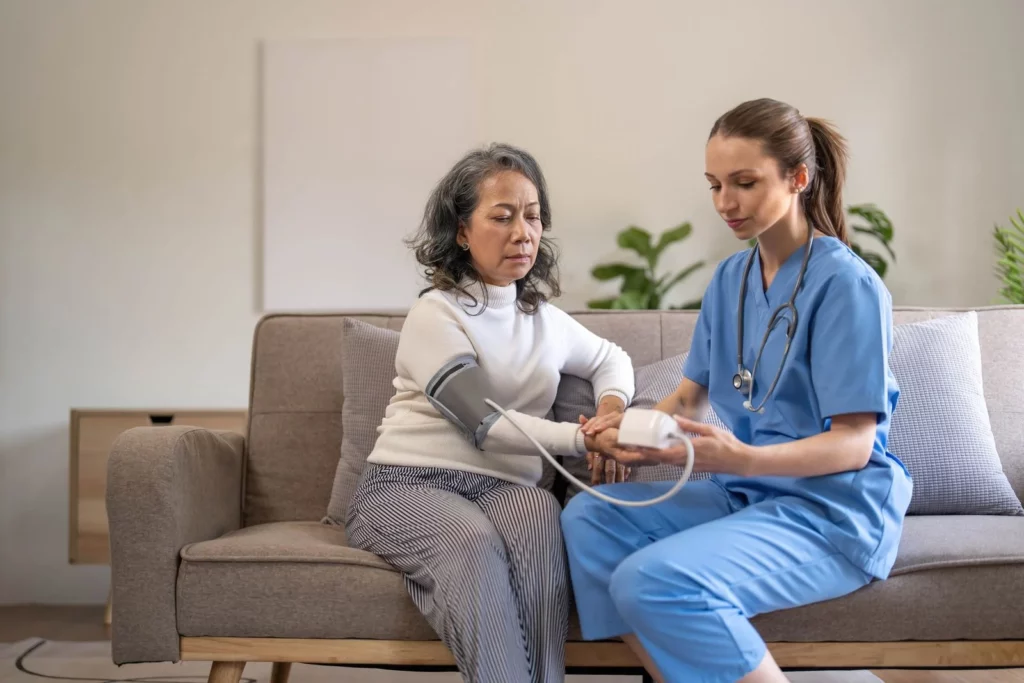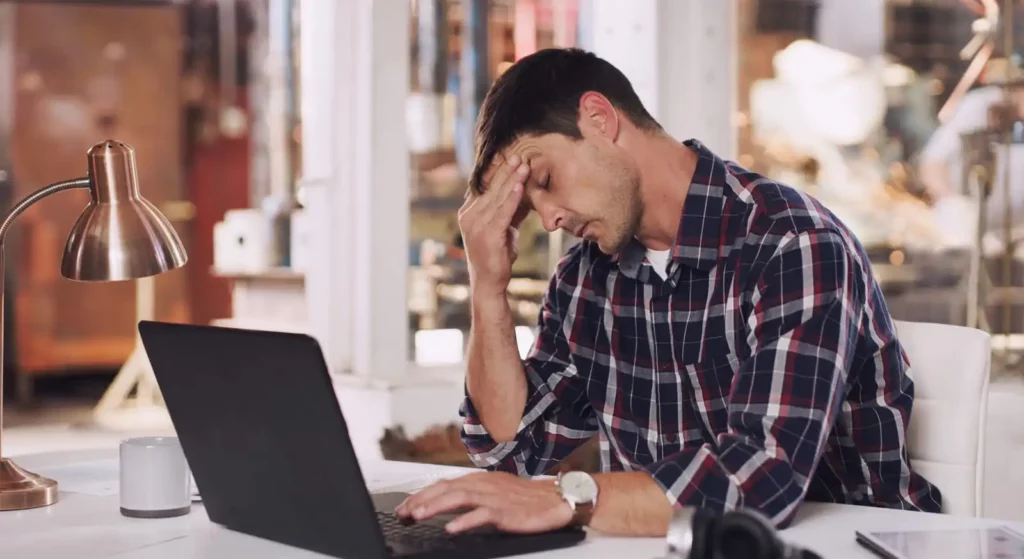Announcement
This article will provide a comprehensive understanding of blood pressure phobia, along with practical and effective strategies, treatment options, and personal tips to manage and overcome this specific phobia.
Introduction
Have you ever gone to the doctor and began to panic? You noticed your blood pounding in your ears or your palms starting to sweat. Then suddenly, the blood pressure cuff is on, and your reading is through the roof. This phenomenon is so common it has a name: White Coat Hypertension, otherwise known as blood pressure phobia.

What is blood pressure phobia?
Blood pressure phobia is when individuals struggle with extreme fear or anxiety surrounding getting their blood pressure checked. On its face, this isn’t anything to be particularly concerned about, but an extreme blood pressure phobia can cause a significant spike in blood pressure and other markers each time you go to the doctor, which can negatively influence the test results and cause unnecessary problems down the line.
Causes of blood pressure phobia
Overcoming blood pressure phobia starts with understanding the causes. There are two main causes:

Anxiety
The first is anxiety. Anxiety often happens when the blood pressure cuff is on, and the pressure builds, and you start to panic. If you have generalized anxiety disorder, you are likely to struggle with anxiety-related blood pressure phobia. In these cases, treatment might include professional therapy and/or medication for anxiety, which could, by extension, help with the phobia.
Phobia
Extreme causes, where you panic at even the thought of the blood pressure exam and try to avoid it entirely, are likely legitimate phobia. Phobias have several root causes, often related to traumatic events or childhood experiences. For extreme blood pressure phobia, you will want to consider blood pressure phobia treatment to address the underlying issues.
How to overcome blood pressure phobia
Relaxation techniques
Some of the best blood pressure phobia treatment you can utilize at home involves mindfulness and relaxation techniques. Deep breathing techniques or visualization techniques can help you focus on things other than the blood pressure test.
Issue
Have you ever started panicking over your blood pressure test and noticed that your breathing was short and quick from the chest?
This is called clavicular breathing, where you don’t actually breathe deeply into your lungs, but you keep short, shallow breaths around your clavicle. This can make issues like blood pressure and panic attacks much worse.
Solution
You can try “Square breathing,” where you breathe in for a count of four, hold on to your breath for another four seconds, exhale for another count of four, and then hold the exhalation at the bottom for four counts before repeating the process. This helps you get a much fuller breath while avoiding harmful clavicular breathing that often manifests when nervous or anxious but doesn’t give you any oxygen boost.
Issue
Have you ever started a test, and all you could think about was the test? Everything else seemed to disappear. Most people try to talk so that they are distracted, but they end up talking very quickly about anything that takes their mind off it, which raises their blood pressure by a few points.
Solution
Visualization is a way for you to keep your focus on something other than your blood pressure test. You can also focus on something like counting the things you see, hear, or touch in the room. You can try wiggling your toes or flexing and releasing the muscles in your legs.
Walk around
Light exercise might not seem like what you want to do when figuring out how to overcome blood pressure phobia, but with extreme blood pressure phobia, light exercise like a brisk walk for 15 minutes before your appointment can calm your stress response in much the same way as deep breathing or relaxation techniques.
If you have the time, arrive an extra 30 minutes before you need to check in for your appointment and walk around the neighborhood.
Book afternoon appointments
Knowing how to overcome blood pressure phobia might be as simple as changing when you book your appointments. Booking appointments in the afternoon will help you lower blood pressure naturally without needing to try tricks to lower your blood pressure right before the appointment. This can be especially important if your extreme blood pressure phobia is causing significant spikes. The lower you can keep your starting blood pressure, the lower the impact of that spike.

Naps!
Tangentially, another way to reduce the strain and symptoms of blood pressure phobia is to take a nap right before you go to your doctor’s appointment. Booking appointments in the afternoon will free you up to take such naps. Short power naps can reduce strain on your heart and make it easier to utilize other techniques like mindfulness and breathing exercises.
Food
By booking appointments in the afternoon, you’ll have more time to watch what you eat beforehand. While these measures won’t necessarily help you overcome extreme blood pressure phobia, they can help you reduce the impact it has on the measurements. Reducing your sodium intake, consuming beet juice, and refraining from smoking a few hours prior to your appointment will all help you.
Professional blood pressure phobia treatment
If nothing else works, and you have continued to use the methods above to handle blood pressure phobia, it might be worth exploring professional treatment. A psychiatrist or psychologist can help you review any underlying causes of your phobia, perhaps things that began in childhood, and learn how to resolve the issues that are contributing to your extreme blood pressure phobia.
Therapy can be particularly useful in overcoming a legitimate anxiety issue or phobia. Therapy, particularly things like cognitive behavioral therapy or other psychotherapy, can help you address any underlying factors that may have contributed to your significant fear while learning coping strategies to help you change your relationship with these symptoms and better manage them.
In some cases, medication might be very useful for underlying anxiety or phobia issues, something that a psychiatrist can prescribe to help you manage your symptoms.
Summing Up
Overall, blood pressure phobia is something that you can learn to gradually confront at home. Overcoming blood pressure phobia can involve relaxation techniques, stress management, and lifestyle changes. These home management tips are best employed in conjunction with therapy or medication for extreme phobias. You should always feel comfortable reaching out to psychologists, psychiatrists, or counselors to treat your phobia.ч